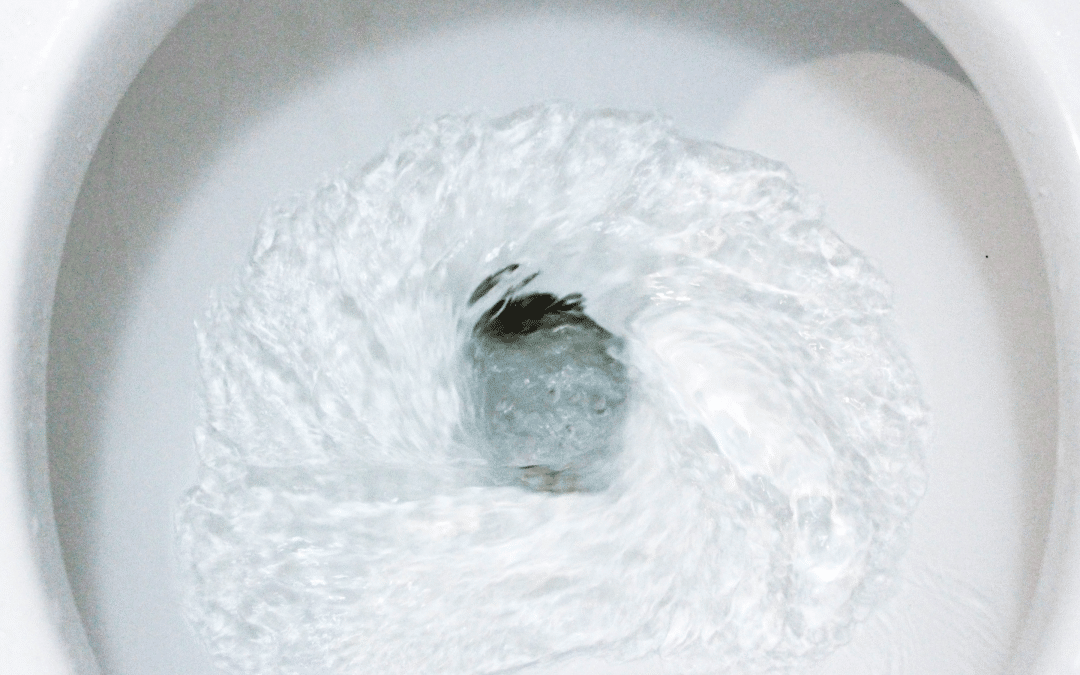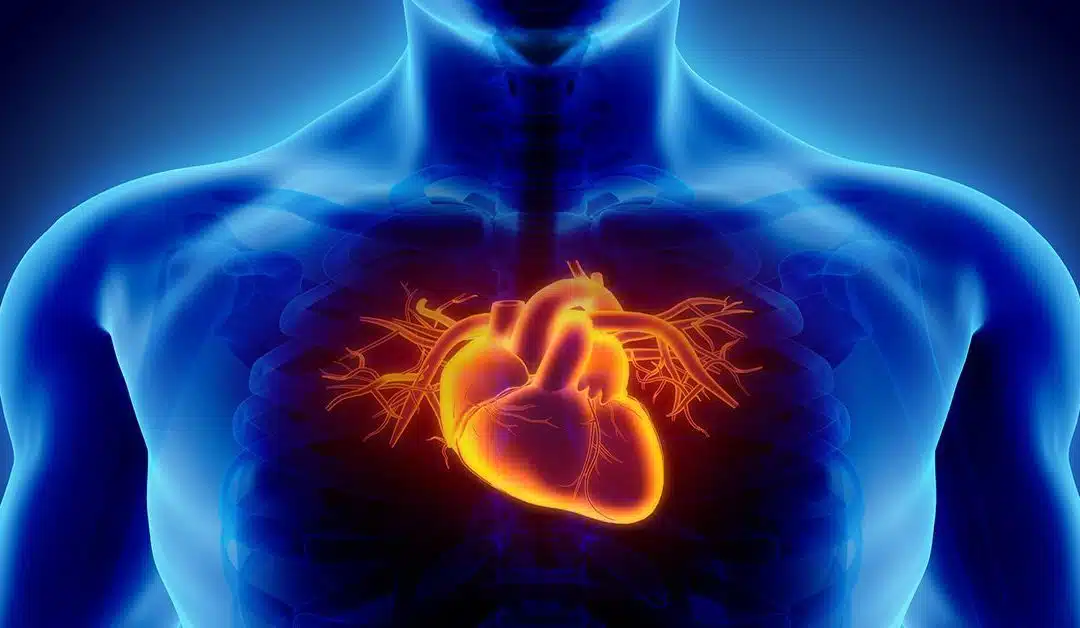If you have digestive issues, you’re not alone. Each year, nearly 70 million Americans are affected by digestive diseases, ranging from irritable bowel syndrome (IBS) to gastroesophageal reflux disease (GERD). There are 10 key signs of an unhealthy gut that you should look out for.
Many factors can affect your gut health, like your family and genetic history and how your body is built. There are also factors you can control, especially stress and diet. When your gut functions properly, there’s a good balance of bacteria helping your body process and get energy from the foods you eat, clear toxins, fight against disease, and boost your mood. You’re also free of symptoms like diarrhea, constipation, loose stools, gas, bloating, and abdominal pain.
You have a frequent upset stomach.
If you regularly experience discomfort, gas, bloating, constipation, diarrhea, and heartburn it could be signs that your gut is having a hard time processing food and eliminating waste.
You feel tired more often than not.
People with chronic fatigue may have imbalances in the gut. One study found that almost half of people with fatigue also had IBS.
You have trouble sleeping in general.
An unhealthy gut can cause you to have trouble sleeping, which leads to fatigue. The majority of your body’s serotonin, which affects mood and sleep, is produced in the gut. So, when there’s bacteria or inflammation in the gut, your sleep may be affected as well.
You have an intolerance to certain foods.
Food intolerances may be caused by poor quality of bacteria in the gut. You may have a food intolerance if you struggle to digest certain foods. This can cause bloating, gas, diarrhea, nausea, and abdominal pain.
You have extreme food cravings, especially sugar.
Eating too much sugar can cause too much “bad” bacteria in the gut. High amounts of sugar, especially high-fructose corn syrup, are linked to inflammation in the body and puts you at risk for other diseases.
You’ve experienced unintentional weight gain or loss.
When your gut is imbalanced, your body may struggle to absorb nutrients, store fat, and regulate blood sugar. If you experience weight loss or gain it may be caused by bacteria overgrowth or lack of nutrients.
You have skin irritations.
Some skin conditions like acne, eczema, and psoriasis may be related to gut issues.
You experience frequent migraines.
There may be a link between headaches and gut health, especially if you experience nausea or vomiting with migraines. Studies suggest that people with frequent headaches are more likely to have gastrointestinal disorders too.
You have autoimmune problems.
Some “bad” gut bacteria may trigger autoimmune conditions like certain thyroid disorders, rheumatoid arthritis, multiple sclerosis, and Type I diabetes.
You often experience frequent mood changes and difficulty concentrating.
Gut problems and inflammation in the nervous system can lead to a variety of mood altering disorders like anxiety and depression.
How can you Balance your Gut Health?
Add Probiotics to Your Diet
Probiotics promote the growth of healthy bacteria in the gut. You can take these in vitamin form or, preferably, from natural sources like yogurt, kefir, kombucha, and kimchi.
Limit Processed Foods and Sugar
Instead, get nutrients from plant-based foods and lean proteins. A diet high in fiber can promote a healthy gut.
Eat Slowly
Chew thoroughly and eat slowly to fully digest your food and help your body absorb all its nutrients.
Eliminate Food Intolerances
If certain foods always cause cramping, nausea, or acid reflux, you may have a food intolerance. Try an elimination diet to determine your trigger foods, then remove them from your diet completely.
Drink Water
You’ve heard it before but drinking enough water really does improve your body’s overall health. Drinking water helps with digestion.
Have a Grocery Game Plan
Avoid the center aisles with processed foods and refined sugars and stay around the outside of the grocery store. Choose healthy, fresh fruits and vegetables.
Exercise Regularly
Moving your body improves the healthy microbes in your body, keeps your bowel movements regular, and prevents disease while improving your overall health.
Get Enough Sleep
Aim for 7-8 hours each night. The proper amount helps to balance your hormones and prevent many scenarios that can hurt your digestive health, like stress or eating too close to bedtime.
Reduce Stress
Some studies show that people who have early life stress more likely to develop IBS. Finding ways to manage your stress can help manage your gut, too.
Avoid or Quit Smoking
Smoking can harm your digestive system in many ways—from heartburn and ulcers to liver disease and cancer. If you smoke, try to quit and get some medical help if you need it.
Try the Mediterranean Diet
This diet is a polyphenol- and antioxidant-rich diet that focuses on fruits, vegetables, olive oil, nuts, legumes/beans and whole grains, and has not only been shown to aid in gut health, but also heart health, diabetes, depression and more, making it potentially worth a try even if your gut seems to be in good shape [1].
References:
- https://www.frederickhealth.org/news/2021/july/10-signs-of-an-unhealthy-gut/
- https://www.forbes.com/health/body/signs-of-unhealthy-gut-improve-gut-health/
- https://gi.org/topics/low-fodmap-diet/
- [1] Rinninella E, Cintoni M, Raoul P, Lopetuso LR, Scaldaferri F, Pulcini G, Miggiano GAD, Gasbarrini A, Mele MC. Food Components and Dietary Habits: Keys for a Healthy Gut Microbiota Composition. Nutrients. 2019;11(10):2393.








